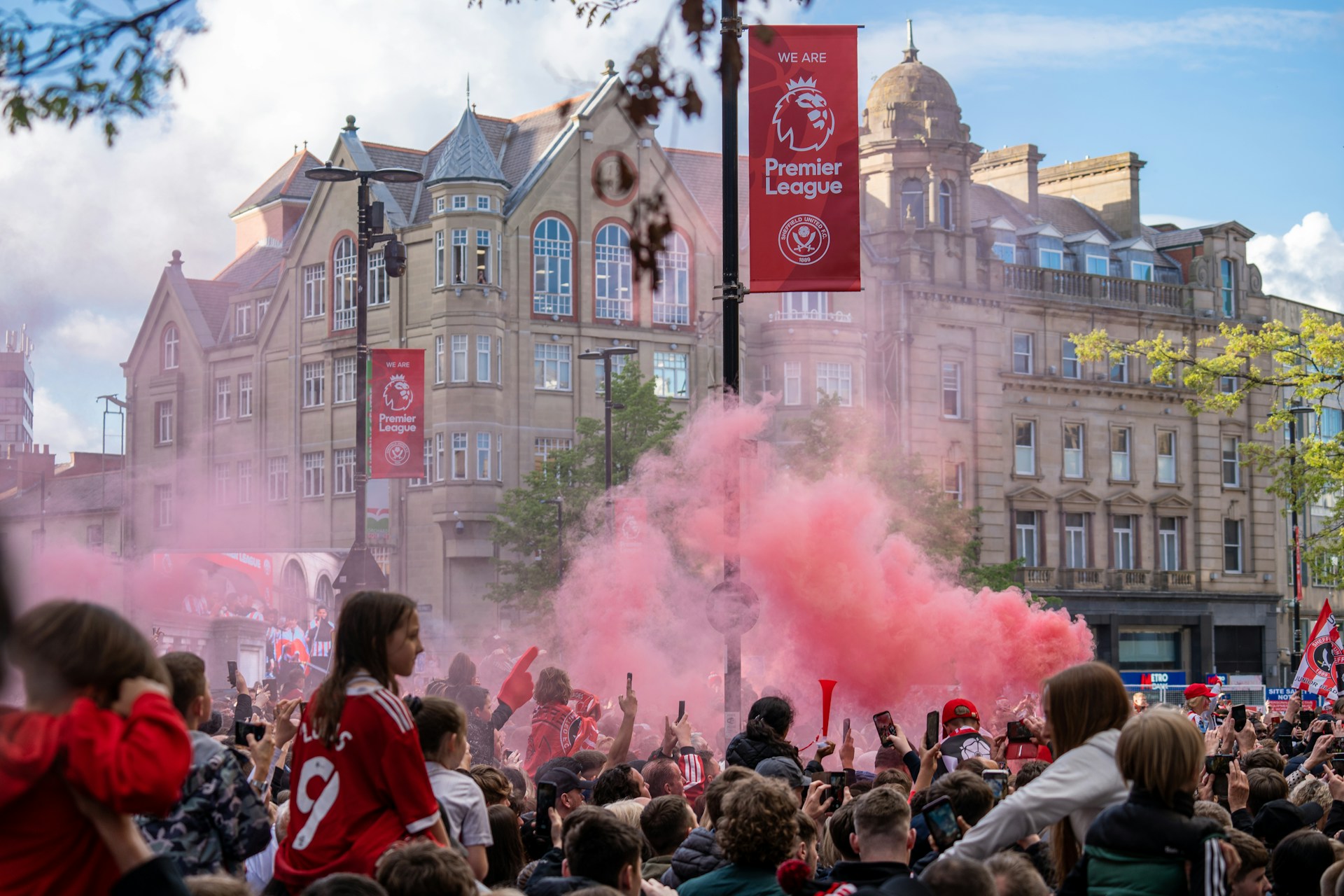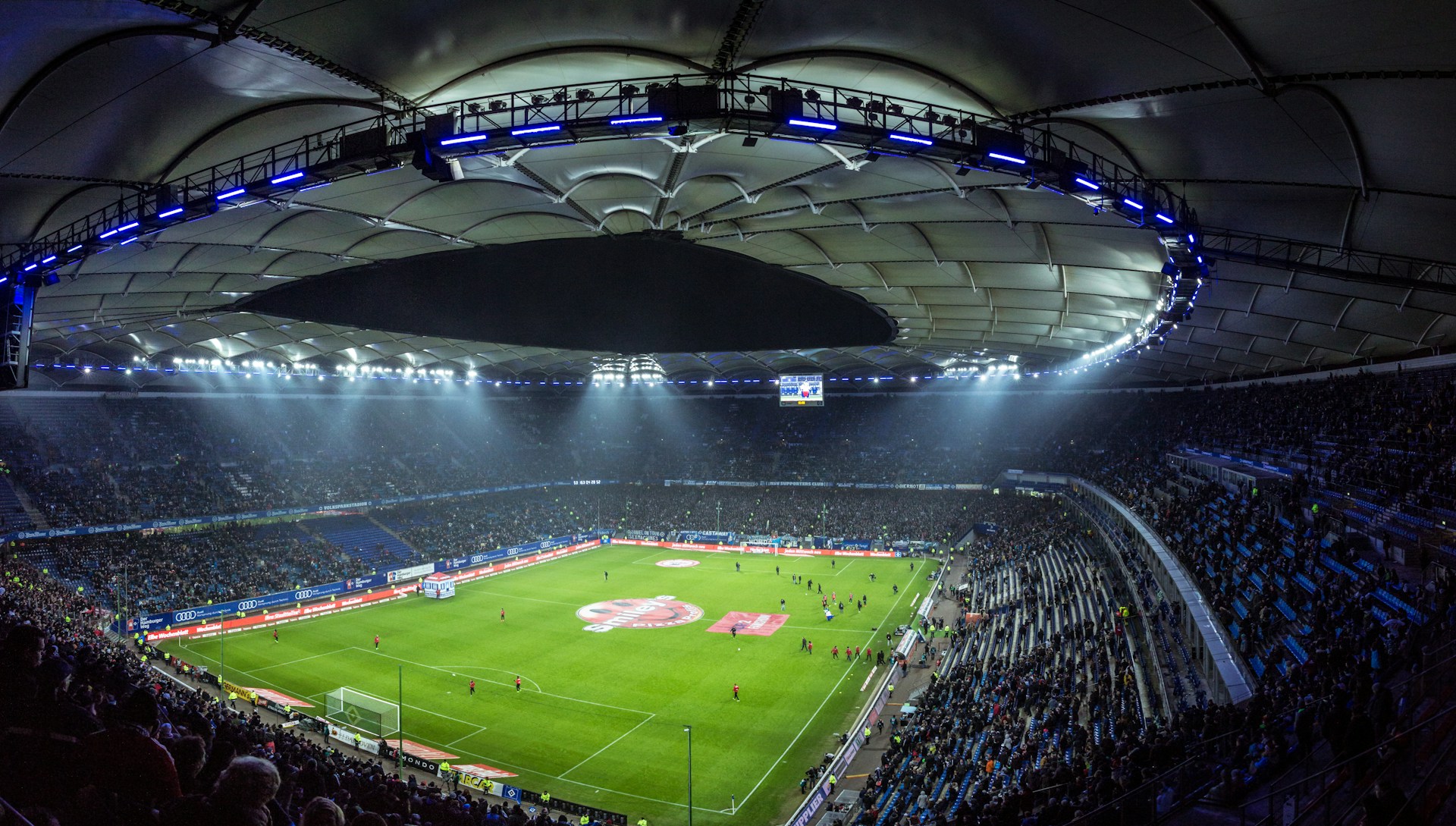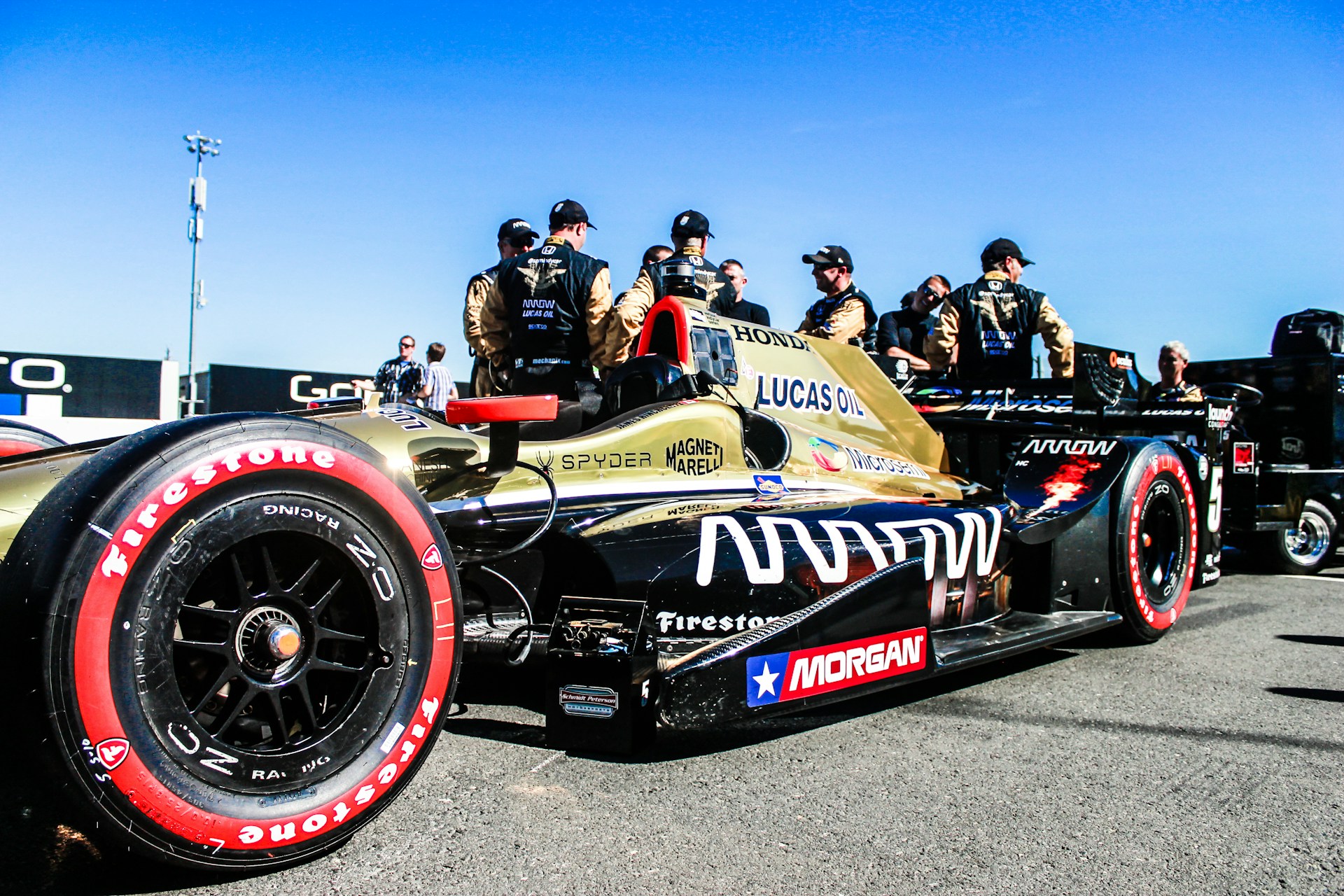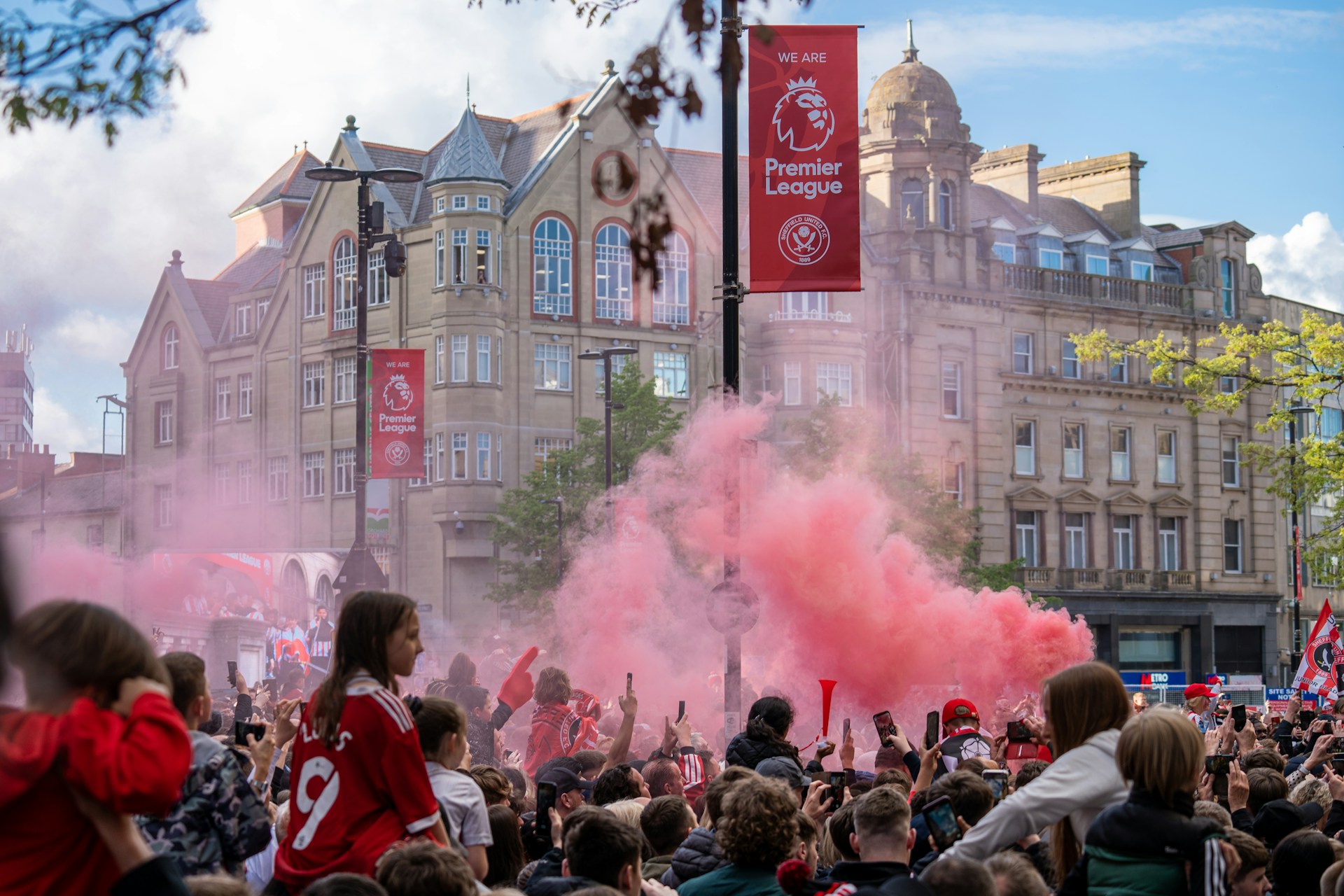Introduction
Walk through any English town on a Saturday afternoon and you’ll feel it before you see it. A buzz in the pubs. Scarves draped from necks and shoulders. Children kicking plastic bottles across pavements, pretending they’re Harry Kane or Marcus Rashford. The smell of fried onions by the stadium gates. Football in England isn’t background entertainment—it’s the stage on which local identity, national pride, and even global dreams play out.
It’s easy to forget that the global game—broadcast into living rooms in Lagos, Mumbai, and Los Angeles—was once nothing more than a pastime played by schoolboys and factory workers on muddy fields in industrial England. What England did, perhaps better than anyone else, was to take the chaos of folk games and turn it into something codified, exportable, and—eventually—irresistible.
Today, the English Premier League is a multi-billion-pound empire, beamed into over 200 countries, producing icons as recognizable as any Hollywood star. But beneath the money, the marketing, and the international fanbases, the heartbeat of English football is still the same: chants echoing in the terraces, hope and heartbreak bundled into ninety minutes, and the sense that when your club wins, your whole city stands taller.

From Village Chaos to Codified Rules
Football’s origins in England were messy. Medieval “mob football” had no referees, no standardized pitches, and no clear boundaries. Entire villages would chase a ball (sometimes even a pig’s bladder) through streets and fields, crashing into one another with a ferocity that left injuries and broken windows in its wake.
By the mid-19th century, with the industrial revolution in full swing, this wild version of football began to be tamed. English public schools—Eton, Harrow, Rugby—wanted a game that taught discipline, teamwork, and order. Each school had its own rules, and chaos often erupted when two schools tried to play against each other. Out of necessity, the Cambridge Rules of 1848 emerged as one of the first attempts to unify the sport.
Then came 1863, a landmark year. The Football Association (FA) was founded in London, and for the first time, a governing body put rules on paper that clubs across the country could follow. Out went hacking and excessive handling of the ball—what was left looked very much like the modern game we know today.
This codification allowed football to spread quickly. Railways carried teams and fans between towns. Newspapers published results. And as Britain expanded its empire, sailors, soldiers, and merchants carried the rules overseas. Wherever the British went, football followed—from the docks of Buenos Aires to the coasts of Africa.

The Working-Class Game
While schools and the FA formalized the game, it was the working classes who gave football its soul. In industrial towns like Manchester, Liverpool, and Newcastle, football became the weekend release from the grind of factory life. Saturday was payday, and after long hours of labor, the match offered something beyond survival: it gave pride, identity, and community.
Clubs weren’t abstract corporations—they were born of churches, rail companies, and factories. Manchester United began as Newton Heath LYR Football Club, tied to railway workers. Arsenal’s roots go back to munitions workers in Woolwich. Everton was founded out of a Methodist chapel. These were not just teams; they were community institutions.
Rivalries reflected deeper cultural divides. Liverpool versus Everton split along religious and class lines—Catholics vs. Protestants, dockworkers vs. merchants. In Manchester, United came to represent the Irish immigrant working class, while City carried the banner of local industry. These rivalries weren’t manufactured storylines for TV—they were real, lived tensions that gave matches an edge you could feel in your bones.

Rituals, Songs, and Identity
To an outsider, English football might look like just a sport. But attend a match, and you’ll quickly realize it’s theatre. The chants and songs are as much part of the experience as the goals themselves.
Liverpool’s adoption of “You’ll Never Walk Alone,” borrowed from a Rodgers and Hammerstein musical, turned into one of the most powerful rituals in sport. Before every match, thousands of voices rise in unison, scarves raised, reminding players and fans alike that football is about community as much as competition.
Scarves, kits, and colors are more than fashion—they are signals of belonging. To wear your team’s shirt on matchday is to carry your identity on your sleeve. And the pub, packed with fans before kickoff, becomes a second stadium: arguments, predictions, and chants flow with every pint poured.
Even the rhythm of life adjusted around football. For decades, the Saturday 3 PM kickoff was sacred across England, binding communities together in a nationwide ritual. Shops closed early, transport systems adapted, and the nation seemed to pause for ninety minutes.

The Premier League: Football Goes Global
The biggest rupture in English football’s history came in 1992, with the birth of the Premier League. Television money—especially Rupert Murdoch’s Sky Sports—poured into the game, transforming it almost overnight. Stadiums modernized. Players’ wages skyrocketed. Clubs became brands.
At first, traditionalists feared football’s soul would be sold. And to an extent, it was: ticket prices rose, many working-class fans were priced out, and global audiences often mattered more than local supporters. Yet the spectacle that emerged was unlike anything else in world sport.
The Premier League became a magnet for global talent. From Eric Cantona to Cristiano Ronaldo, Thierry Henry to Mohamed Salah, England’s top clubs became stages for the world’s best. Matches were broadcast into living rooms across Asia, Africa, and the Americas. A boy in Nairobi could fall in love with Arsenal. A girl in Delhi could cheer for Manchester United. The Premier League wasn’t just English—it was global.
And yet, for all the glitz, local traditions endured. The songs, the rivalries, the Saturday rituals—they persisted, sometimes in tension with the billion-dollar industry, but never erased.
Class, Money, and Resistance
The commercialization of English football exposed sharp cultural tensions. What was once the game of the people risked becoming the game of corporations. Season tickets became unaffordable for many. Historic stadiums were rebuilt into gleaming arenas filled with corporate boxes.
But fans pushed back. The most striking example came in 2021, when several top clubs announced their intention to join a breakaway “European Super League.” The backlash was immediate and ferocious. Fans protested in the streets. Banners filled stadium gates: “Created by the poor, stolen by the rich.” Within days, the project collapsed.
The message was clear: football might be a business, but it still belongs to the fans.
The Global Reach
English football today is as much a cultural export as Shakespeare or the Beatles. Manchester United has fan clubs in over 60 countries. Liverpool shirts are sold in rural Africa. The Premier League is broadcast in 188 territories, reaching billions.
Yet this globalization also created something remarkable: local identities abroad. In Malaysia, you’ll find pubs full of Chelsea fans singing the same chants as those in London. In Nigeria, kids play barefoot in the streets wearing Arsenal kits. Football created a common language—wherever you are, you only need to mention a club name to spark conversation, debate, or camaraderie.
What English Football Teaches
English football isn’t just a sport. It teaches us about identity, class, globalization, and resilience. It shows how a simple game can anchor entire communities, adapt to modern business, and still preserve its rituals.
It reminds us that belonging matters more than money, that traditions can adapt without dying, and that culture thrives when people resist being priced out.
Living the Culture
You don’t need to live in Manchester or Liverpool to feel part of it. Support your local club, wherever you are. Learn the songs—they carry history as much as they carry sound. Watch matches with others; football is never truly experienced alone. And remember: while results fade, the rituals, the belonging, and the identity remain.
Bottom Line
English football is the story of how a working-class pastime became the world’s common language. From muddy fields in Victorian towns to billion-pound stadiums, the game has carried identity, class struggles, and global dreams. It is history written in goals, songs, and scarves. And though money has transformed it, football remains, at its heart, the people’s game.

